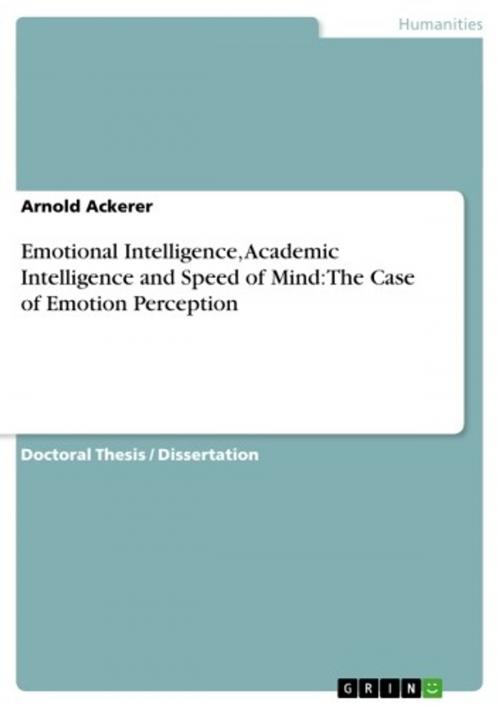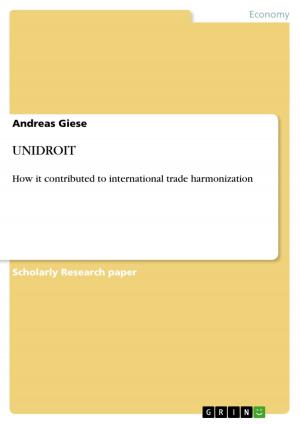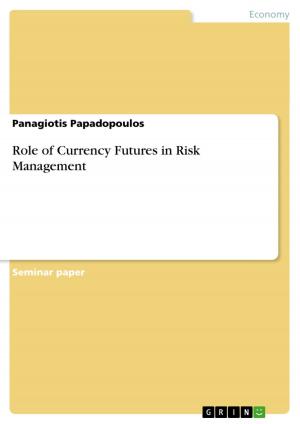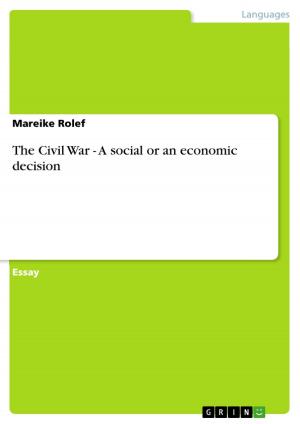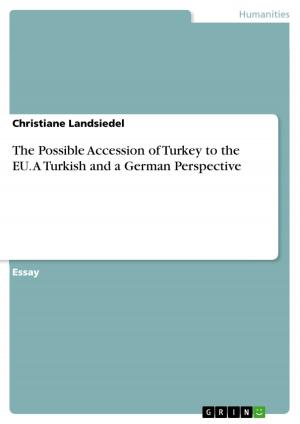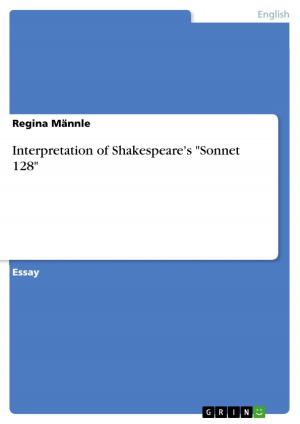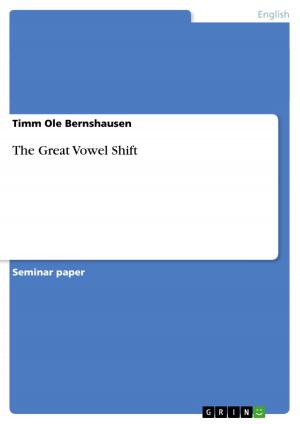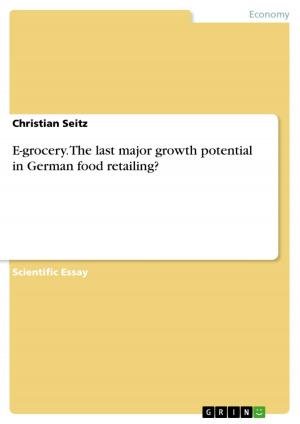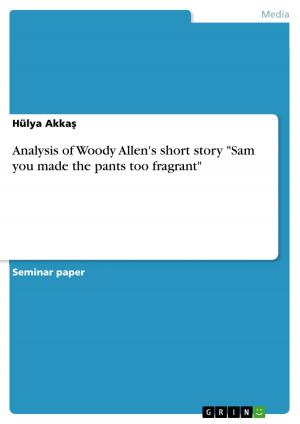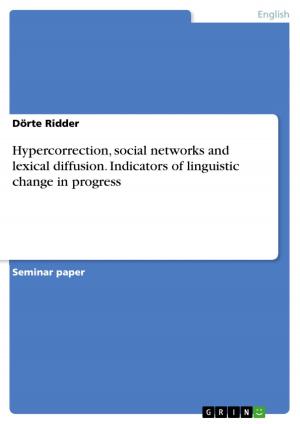Emotional Intelligence, Academic Intelligence and Speed of Mind: The Case of Emotion Perception
Nonfiction, Health & Well Being, Psychology, Personality| Author: | Arnold Ackerer | ISBN: | 9783638252461 |
| Publisher: | GRIN Publishing | Publication: | February 9, 2004 |
| Imprint: | GRIN Publishing | Language: | English |
| Author: | Arnold Ackerer |
| ISBN: | 9783638252461 |
| Publisher: | GRIN Publishing |
| Publication: | February 9, 2004 |
| Imprint: | GRIN Publishing |
| Language: | English |
Doctoral Thesis / Dissertation from the year 2003 in the subject Psychology - Personality Psychology, grade: very good, University of Graz (Psychology; Personality Psychology), 139 entries in the bibliography, language: English, abstract: The EI construct, which developed mainly during the last decade, has been split into an ability-EI and a trait-EI. Originally EI was proposed as an intelligence, needed because emotional information is processed differently from non-emotional information. However, due to the lack of adequate objective measures for ability-EI, trait-EI became popular. In this study, an innovative approach building on the use of mental speed (MS) measures was theoretically justified and applied to emotional information processing in order to tackle the criterion problem for emotional test items and to investigate the relationship between mental speed and intelligence. Emotional and non-emotional tests following a simple reaction time (RT) and the Posner paradigm were constructed and administered along with Raven's APM to a sample of 121 college and university students at Hiroshima University, Japan. Approximately half of these students were Japanese nationals, while the other half were international students, coming from countries all over the world. The APM score correlated low but significantly with both RT tests, but neither with the emotional nor the non-emotional long term memory (LTM) access times. In varimax factor analyses (FA) the emotional MS tests grouped together to one factor, while IQ and non-emotional MS tests formed two more factors. Additionally, an AMOS (Analysis of Moment Structures; an SPSS compatible program for structural equation modelling distributed by Smallwaters Company) model confirmed the existence of two factors, one for the emotional and one for the non-emotional testscores. This general picture did also not change substantially, when the data were analysed separately for the two groups (Japanese, international students). Although there were some changes in the size of single correlations among MS testscores, the results of the FA as well as the AMOS model was supported in the separated group data.
Doctoral Thesis / Dissertation from the year 2003 in the subject Psychology - Personality Psychology, grade: very good, University of Graz (Psychology; Personality Psychology), 139 entries in the bibliography, language: English, abstract: The EI construct, which developed mainly during the last decade, has been split into an ability-EI and a trait-EI. Originally EI was proposed as an intelligence, needed because emotional information is processed differently from non-emotional information. However, due to the lack of adequate objective measures for ability-EI, trait-EI became popular. In this study, an innovative approach building on the use of mental speed (MS) measures was theoretically justified and applied to emotional information processing in order to tackle the criterion problem for emotional test items and to investigate the relationship between mental speed and intelligence. Emotional and non-emotional tests following a simple reaction time (RT) and the Posner paradigm were constructed and administered along with Raven's APM to a sample of 121 college and university students at Hiroshima University, Japan. Approximately half of these students were Japanese nationals, while the other half were international students, coming from countries all over the world. The APM score correlated low but significantly with both RT tests, but neither with the emotional nor the non-emotional long term memory (LTM) access times. In varimax factor analyses (FA) the emotional MS tests grouped together to one factor, while IQ and non-emotional MS tests formed two more factors. Additionally, an AMOS (Analysis of Moment Structures; an SPSS compatible program for structural equation modelling distributed by Smallwaters Company) model confirmed the existence of two factors, one for the emotional and one for the non-emotional testscores. This general picture did also not change substantially, when the data were analysed separately for the two groups (Japanese, international students). Although there were some changes in the size of single correlations among MS testscores, the results of the FA as well as the AMOS model was supported in the separated group data.
